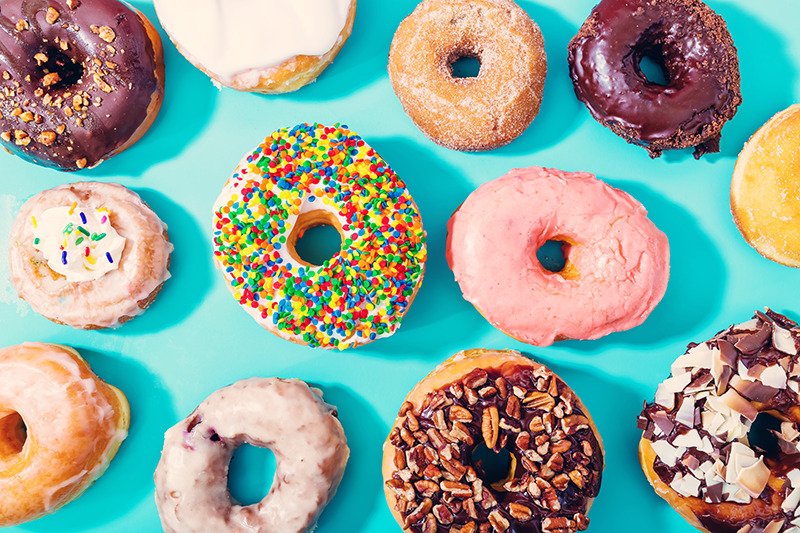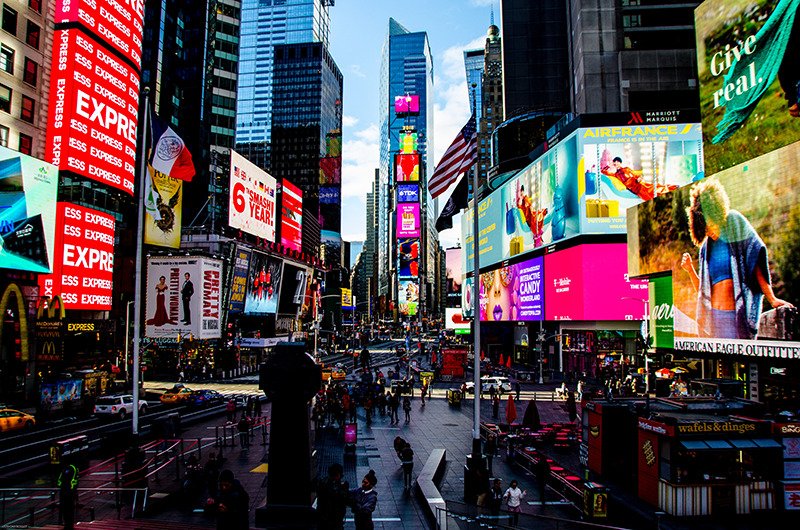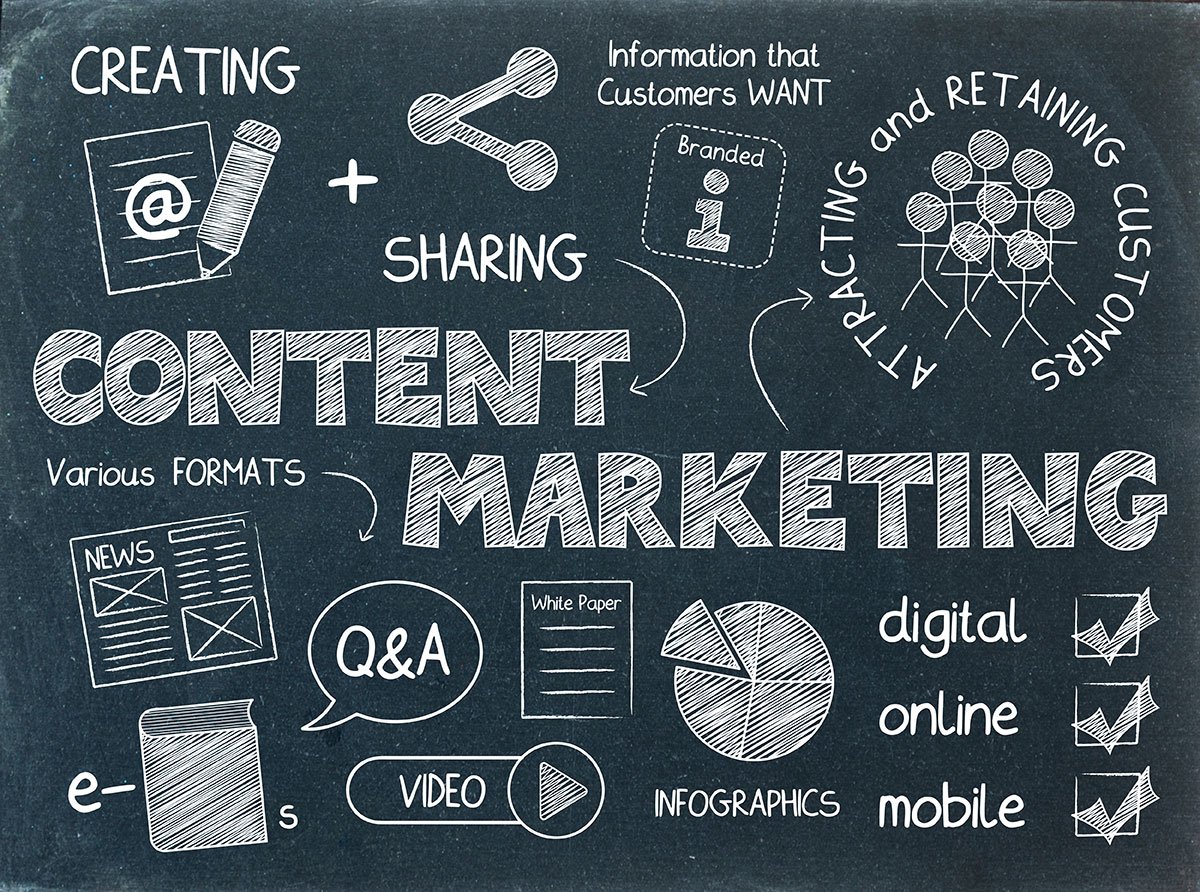Everybody Wants The Best, Or The Unfair Distribution Of Wins
Never before have consumers had so many options, access to the best, and never before has ‘the best’ been so easy to obtain. You want to be differentiated, but also excellent.

The 80/20 Law, sometimes called the Pareto Principle (a variant of Price’s Law), dictates that, in a competitive scenario, 80% of resources will go to the top-performing or most competitive, 20%. So, in a sales scenario, the top 20% of salespeople will get 80% of the wins.
These principles apply where there are the typical friction points and bottlenecks (time, access/location) you’d see in an offline scenario. These laws apply in the physical world – not the digital world.
As far as awareness access to services and goods since Web 2.0 is buyer-driven, and not powered by vendors, there’s really no energetic or financial expense for ‘the best’ to get the word out. In most cases, their offering (or great marketing, or both) are actively shared by their customers or fans. That is how the marketing limitations are overcome by Web 2.0.
In the digital world, ‘the best’ can get 95% of the sales or ‘wins’ in a niche, or competitive, market. They can achieve this by leveraging websites that gather leads around-the-clock. That’s how the ‘lead generation’ bottleneck is overcome, since Web 2.0.
They can do this by raising prices when they can’t meet demand and they have a monopoly. That is how the financial ceiling is expiated, since Web 2.0.
They can do this by scaling to meet demand the could not otherwise meet, with contractors – globally – that can be hired in days. That is how the service provision choke-point is handled, in the Web 2.0 era.
So, what does it mean to be ‘the best’? Is it just your product or service offering? Is it your marketing? Well, as we’ve explained many times, 80% of what’s known about your company today is what others say about you. A great product or service, combined with a great (content) marketing push, can make you ‘the best’.
And ‘the best’ can get, again, upward of 80% of the wins, unlike in previous times, where the limits of time, location, and personnel capped grossly unfair ‘win distributions’.
Your Appearance
In the past, you could drive sales with a Yellow Pages ad. People had fewer data points on which they they could vet or assess your quality or fit to their pain point. Today, it’s all about the Internet, and what’s said about you.
The presentational aspect of the Internet is undeniable. Your website’s design, information architecture, navigation, and copy and content quality and relevancy are the grounds your brand will be judged, even if it’s review and industry sites that will judge your product or service offering.
Winners are winning bigger, and the cost for being not-the-best has never been greater. In business, the distribution of wins has become less democratic, less ‘fair’, than ever before.
Winners are winning bigger, and the cost for being not-the-best has never been greater. In business, the distribution of wins has become less democratic, less ‘fair’, than ever before.
If you’re a deli, or a law firm, or a CPA firm, and you have a great presence (website, branding, marketing), because everybody wants the best, and because the technology can connect people to you, you will get an unfair share of opportunities – more than a pretty office or storefront might get you 30 years ago, and more than a classified ad would get you in the same era.
The only take-home is this: if you’re considering a ‘web presence’ or ‘middling effort’, as a face to the world, and it’s not amazing, there’s a big drop-off between being No. 1, and being No. 2. Huge.
So, be the best you can. If you can’t compete, for some reason, with the others in your space, differentiate, or consider pivoting.





